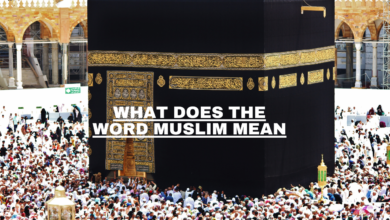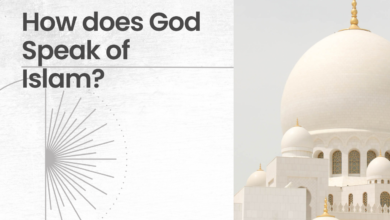When is 12 Rabiul Awal?
Celebrating 12 Rabi-ul-Awal: Commemorating the Birth of Prophet Muhammad
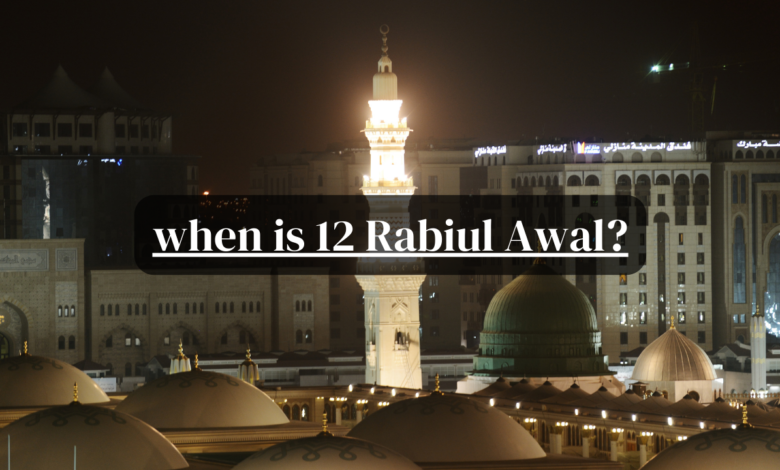
When is 12 Rabiul Awal?
12 Rabi-ul-Awal is the birth anniversary of Prophet Muhammad, the final prophet of Islam. It is celebrated by Muslims worldwide to honor his life and teachings.
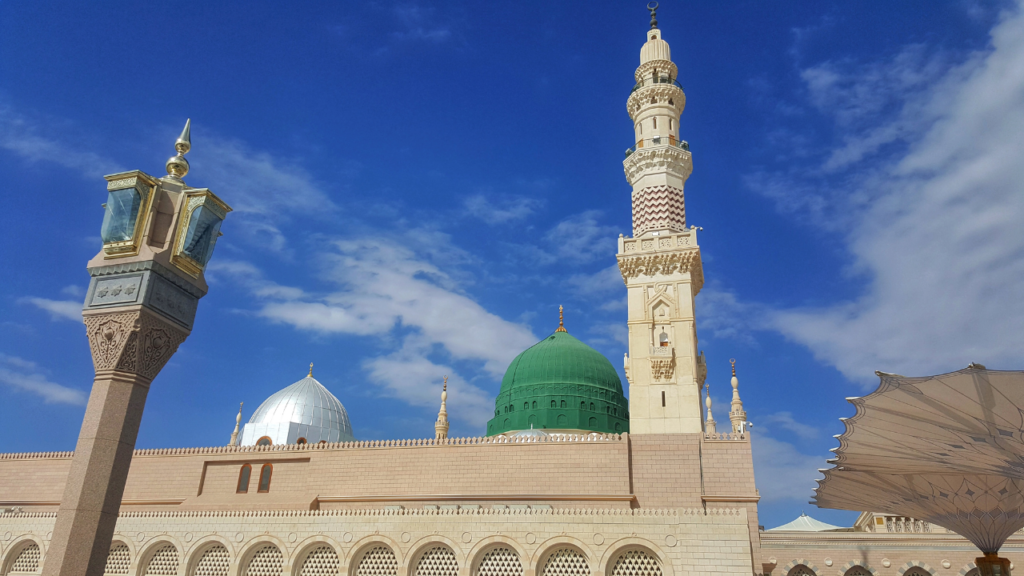
Introduction
12 Rabi-ul-Awal, also known as Eid-e-Milad-un Nabi, is one of the most important dates in the Islamic calendar. It marks the birth anniversary of the Prophet Muhammad, the final prophet of Islam. This auspicious occasion holds immense significance for Muslims worldwide, as it is a time for reflection, gratitude, and celebration. In this article, we will explore when 12 Rabi-ul-Awal falls in the Islamic calendar and delve into the customs and traditions associated with this special day.
The Islamic Calendar
Before delving into the specifics of 12 Rabi-ul-Awal, it’s essential to understand the Islamic calendar, also known as the Hijri or Lunar calendar. Unlike the Gregorian calendar, which is based on the Earth’s orbit around the sun, the Islamic calendar is lunar and consists of 12 months in a year of 354 or 355 days. Each month begins with the sighting of the new moon, and Islamic events and festivals are calculated based on this lunar calendar.
Also check.
- What is a Prophet?
- What Time is the Muslim Prayer?
- Why is it haram to abuse in Islam?
- What are the Holy Books of Islam?
- What is a gin in Islam?
Determining the Date of 12 Rabi-ul-Awal
The date of 12 Rabi-ul-Awal varies from year to year because it depends on the lunar calendar. To determine the exact date, Muslim scholars and religious authorities rely on the moon sighting. Typically, the sighting of the moon marks the beginning of the month of Rabi-ul-Awal. However, due to differences in moon sightings in different regions, the date may vary slightly.
To find the precise date of 12 Rabi-ul-Awal for any given year, Muslims often consult local religious authorities or Islamic organizations. These organizations provide moon sighting announcements and calculate the date accordingly. It’s important to note that the date can vary between different countries and communities.
Significance of 12 Rabi-ul-Awal
12 Rabi-ul-Awal holds immense significance for Muslims around the world. It commemorates the birth of Prophet Muhammad, who Muslims believe to be the last prophet and the final messenger of Allah (God). The day is an occasion to reflect on the life and teachings of the Prophet, which include compassion, kindness, and the pursuit of justice.
Observing 12 Rabi-ul-Awal
Muslims observe 12 Rabi-ul-Awal in various ways:
Prayer and Worship: On this day, Muslims attend special prayers and gatherings at mosques and homes to recite blessings and praise upon the Prophet Muhammad. These gatherings often include readings from the Quran and Hadith (sayings and actions of the Prophet).
Charity: Many Muslims choose to perform acts of charity on this day, helping those in need and following the Prophet’s example of compassion.
Mawlid Celebrations: In some regions, Muslims celebrate with grand processions, decorations, and feasts. These festivities are known as Mawlid, which means “birthday” in Arabic.
Community Service: Some communities organize events to engage in community service as a way to commemorate the Prophet’s teachings of helping others.
Reflection and Study: Many Muslims take this day as an opportunity to learn more about the life and teachings of the Prophet Muhammad by reading books, attending lectures, or engaging in discussions.
Conclusion
12 Rabi-ul-Awal, the birth anniversary of the Prophet Muhammad, is a momentous occasion in the Islamic calendar. Its date is determined by the lunar calendar and can vary from year to year. This day serves as a reminder for Muslims to reflect on the life and teachings of the Prophet and to strive to embody his values of compassion, kindness, and justice. Whether through prayer, charity, or community service, Muslims worldwide come together to celebrate this special day and honor the legacy of the final prophet of Islam.
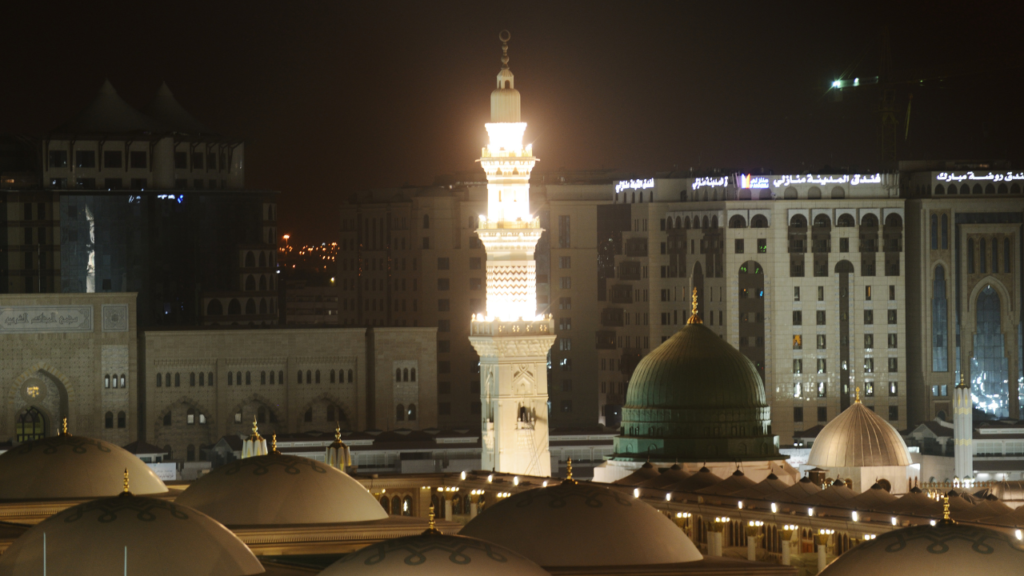
FAQs
What is 12 Rabi-ul-Awal?
12 Rabi-ul-Awal is the birth anniversary of Prophet Muhammad, the final prophet of Islam. It is celebrated by Muslims worldwide to honor his life and teachings.
How is the date of 12 Rabi-ul-Awal determined?
The date is determined by the Islamic lunar calendar and typically begins with the sighting of the new moon. Local religious authorities or Islamic organizations provide moon sighting announcements to establish the exact date.
Why is 12 Rabi-ul-Awal significant?
It is significant because it marks the birth of Prophet Muhammad, who is considered the last messenger of Allah (God) in Islam. His teachings of compassion, justice, and kindness are celebrated on this day.
How do Muslims observe 12 Rabi-ul-Awal?
Muslims observe this day by attending special prayers at mosques, engaging in acts of charity, reading from the Quran and Hadith, and participating in community service. Some communities also hold festive processions and feasts.
Is 12 Rabi-ul-Awal celebrated uniformly around the world?
While the date is the same, the way it is celebrated can vary by region and community. Some Muslims celebrate with grand festivities, while others observe it more quietly through prayer and reflection.
What does the term “Mawlid” mean in relation to 12 Rabi-ul-Awal?
“Mawlid” is an Arabic term that means “birthday.” In the context of 12 Rabi-ul-Awal, it refers to the celebrations and festivities held to mark the birth of Prophet Muhammad.
Are there any specific customs or traditions associated with 12 Rabi-ul-Awal?
Common customs include reciting blessings upon the Prophet, distributing food to the needy, and engaging in acts of kindness and charity. Reading about the life and teachings of the Prophet is also a common practice on this day.
Can non-Muslims participate in 12 Rabi-ul-Awal observances?
While the observance of 12 Rabi-ul-Awal is primarily a Muslim religious event, some communities may welcome non-Muslims to learn about the Prophet’s life and values during this time. It’s advisable to inquire locally about such opportunities.
How can one learn more about 12 Rabi-ul-Awal and its significance?
To learn more, individuals can attend local mosque events, read books about Prophet Muhammad’s life, or engage in discussions with Muslim friends or community members. Online resources and lectures may also provide valuable insights.
Are there any restrictions or specific religious obligations associated with 12 Rabi-ul-Awal?
There are no specific religious obligations or restrictions mandated for 12 Rabi-ul-Awal in Islamic law. However, it is considered a day of reflection, gratitude, and remembrance. Many Muslims voluntarily engage in acts of worship, charity, and communal gatherings as a way to honor the occasion, but these actions are not obligatory. The observance largely depends on individual or community traditions.
